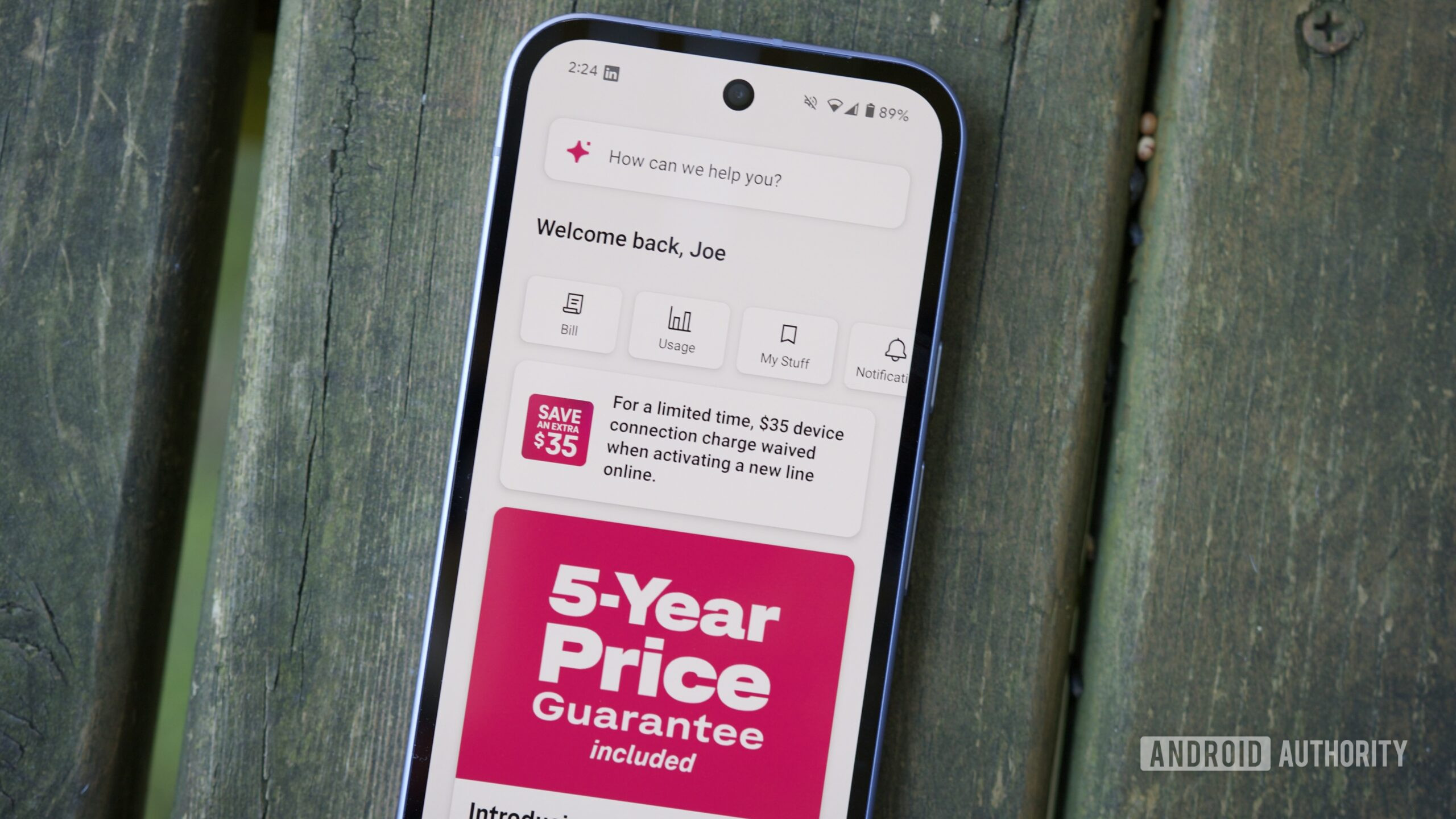Global financial institutions are integrating stablecoins for payments and treasury operations, with corporate transactions growing by 25% in 2024, particularly in cross-border payments and supply chain settlements, according to a new report by Yellow Card, a stablecoin infrastructure startup operating in 20 African countries.
The report noted that stablecoins accounted for 43% of total crypto transaction volume in Sub-Saharan Africa in 2024. Nigeria processed nearly $22 billion in stablecoin transactions between July 2023 and June 2024, while South Africa has seen stablecoins displace Bitcoin as the country’s most used cryptocurrency. Adoption is spreading to Ghana, Kenya, Zambia, Ethiopia, and Uganda.
Stablecoins are becoming critical tools for business operations dealing with volatile currencies and limited access to FX. Treasury management, payroll, and supplier payments are the top use cases. Yellow Card reported that 99% of its transactions now involve stablecoins, mostly among businesses using USDT, serving more than 30,000 of them across 20 African countries and processing over $6 billion in transactions.
The growth is being driven by necessity rather than speculation. Businesses rely on stablecoins to bypass FX shortages and banking delays, moving money quickly and predictably across borders. In South Africa, companies are even running payroll on stablecoin rails, paying staff and contractors across the continent without the costs and inefficiencies of traditional banking systems.
Despite rising adoption, traditional financial institutions in most African countries remain cautious. Many banks do not provide services to crypto firms or publicly integrate stablecoin rails into their operations, citing regulatory uncertainty. South Africa is the exception, having introduced clear rules for digital assets that make it the continent’s most advanced regulatory environment.
Meanwhile, fintechs are pressing ahead. Yellow Card has partnered with PayPal’s Xoom service to enable international transfers using PayPal USD, and with Coinbase, the largest crypto firm in the US, to broaden access to dollar-backed stablecoins. The pan-African stablecoin startup is also planning to expand to emerging markets across the globe, including Argentina, Brazil, Bangladesh, India, Mexico, Pakistan, and Colombia.
As stablecoins become increasingly embedded in African business operations, regulators face mounting pressure to provide clarity. The direction they take will determine whether banks catch up or whether fintechs and businesses continue to lead the charge for stablecoin adoption.
Mark your calendars! Moonshot by is back in Lagos on October 15–16! Join Africa’s top founders, creatives & tech leaders for 2 days of keynotes, mixers & future-forward ideas. Early bird tickets now 20% off—don’t snooze! moonshot..com








